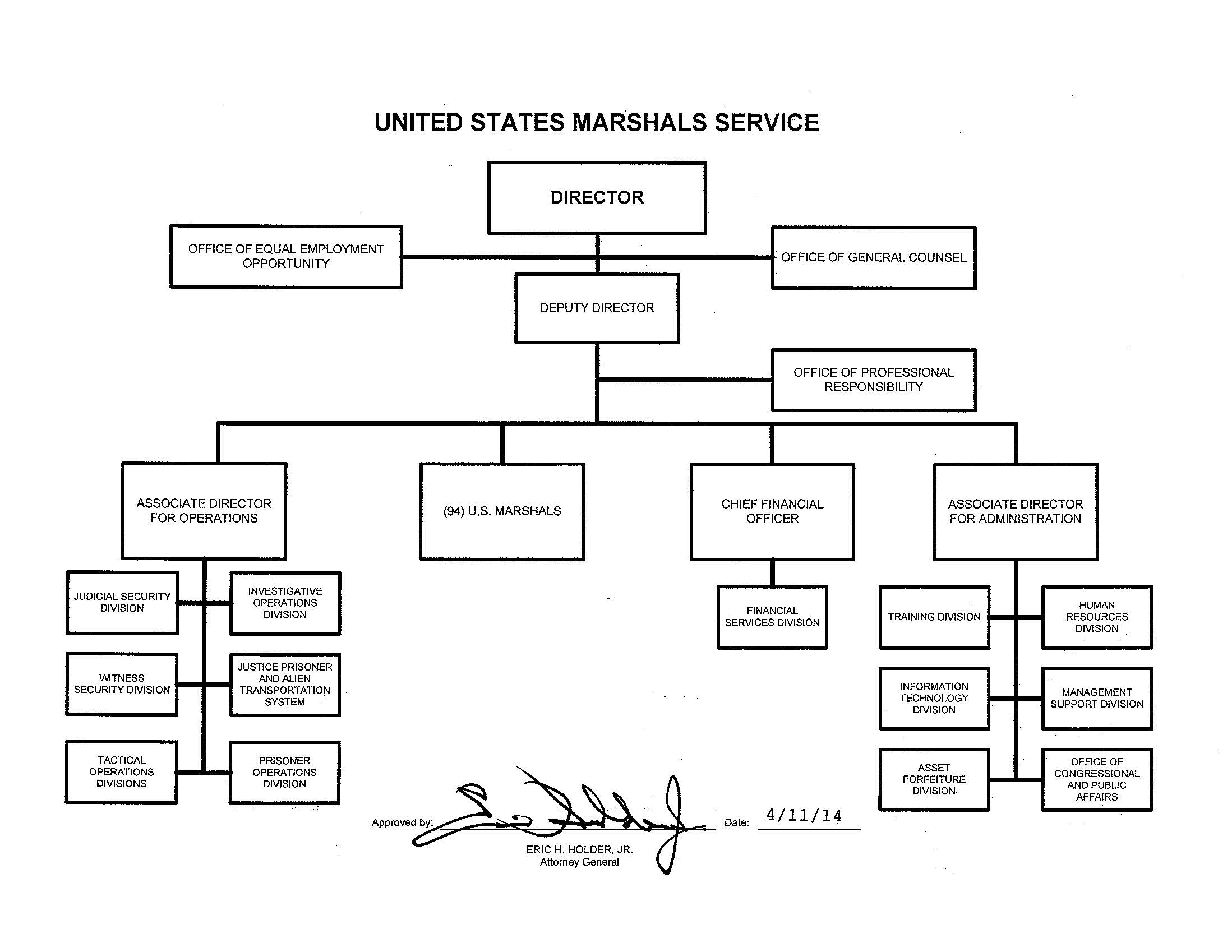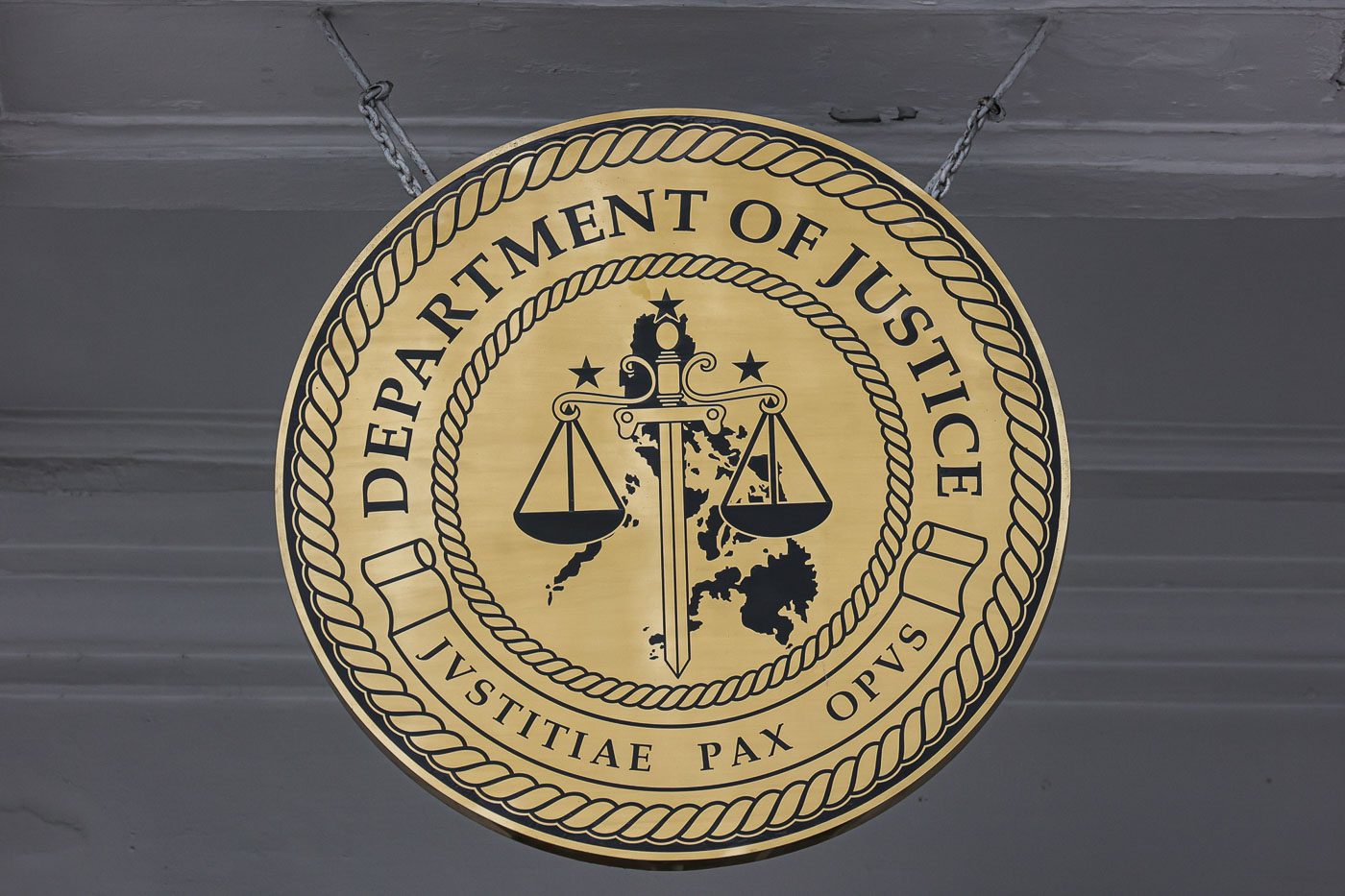Whistleblower Claims: Former DOJ Attorney Exposes Alleged Intimidation by U.S. Marshals
Table of Contents
- Us marshals – Artofit
- U.S. Marshals director discusses violent crime in Milwaukee
- Department of Justice | United States Marshals Service | United States ...
- The US Marshal service has confiscated and sold 185k BTC till now ...
- US Marshals Service: The Oldest Law Agency - Hampden County
- US Marshal Service and CMPD Shooting - Bessemer City, NC
- U.S. Marshals Service Hit By Ransomware Attack
- DOJ lowers recommended bail in criminal cases involving indigents
- Why U.S. Marshals were involved in the death of Winston Smith. And why ...
- Department of Justice | Agencies | United States Department of Justice


According to Oyer, she was subjected to intimidation and harassment by U.S. Marshals after she reported concerns about the handling of a case. The former DOJ attorney claims that she was approached by U.S. Marshals who attempted to bully her into dropping her complaints and warned her of potential consequences if she continued to pursue the matter. This alleged intimidation has sparked outrage and raised questions about the culture within the DOJ and the treatment of whistleblowers.


The Allegations


- Verbal warnings and threats
- Unwanted visits to her home and workplace
- Monitoring of her activities and communications



Whistleblower Protection

The DOJ has a responsibility to investigate these allegations and take action to prevent future incidents of intimidation and harassment. The department must ensure that whistleblowers are protected and that their concerns are taken seriously. This includes providing a safe and confidential reporting mechanism, protecting whistleblowers from retaliation, and holding those responsible for intimidation and harassment accountable.
The allegations made by Liz Oyer are serious and warrant a thorough investigation. The DOJ must take immediate action to address these concerns and ensure that whistleblowers are protected from intimidation and retaliation. The department must also take steps to prevent future incidents of misconduct and ensure that the rights of whistleblowers are respected. By doing so, the DOJ can maintain the trust and confidence of the public and uphold the integrity of the law.The case of Liz Oyer serves as a reminder of the importance of whistleblower protection and the need for a culture of transparency and accountability within government agencies. As the investigation into these allegations continues, it is essential that the DOJ takes a proactive approach to addressing these concerns and ensuring that whistleblowers are protected and empowered to report wrongdoing without fear of retaliation.